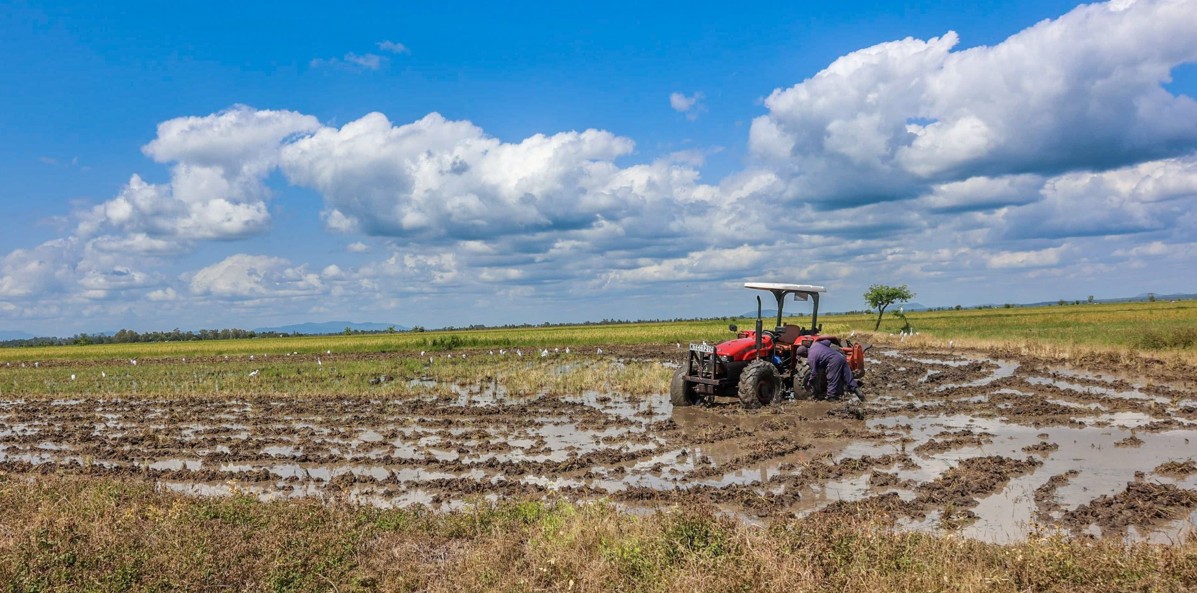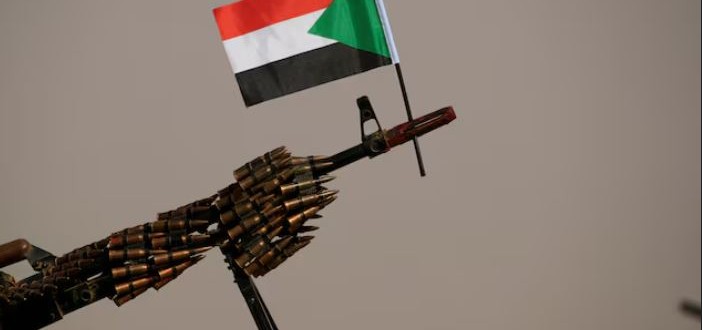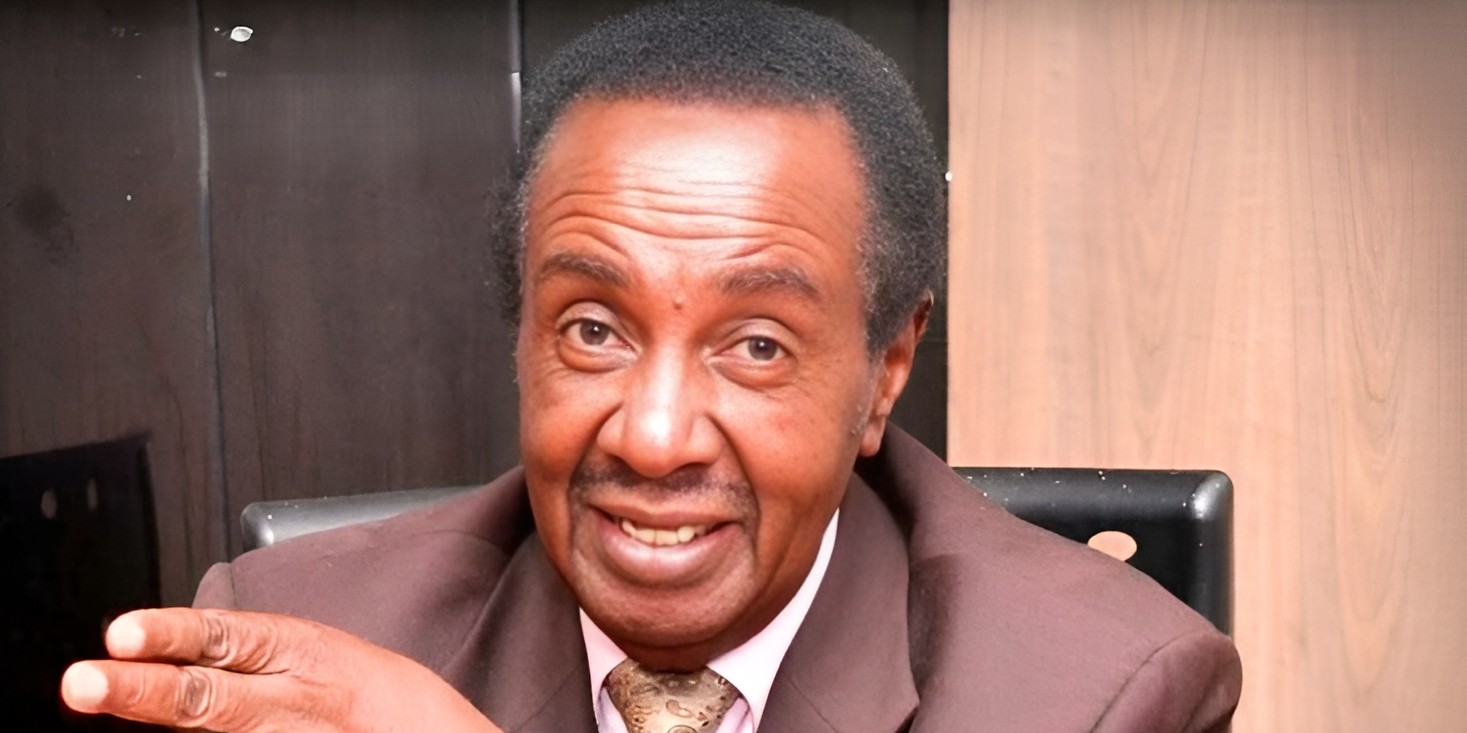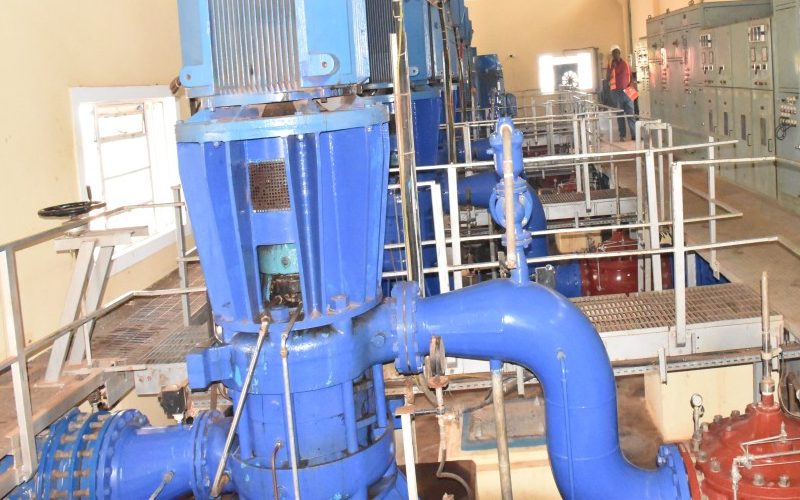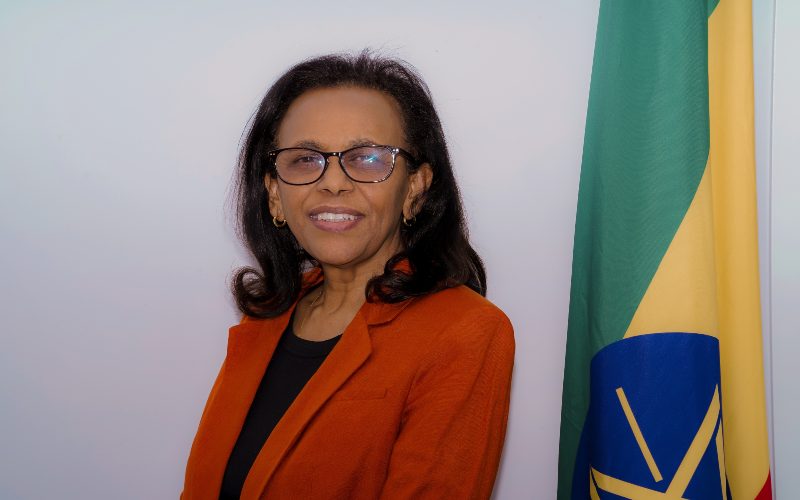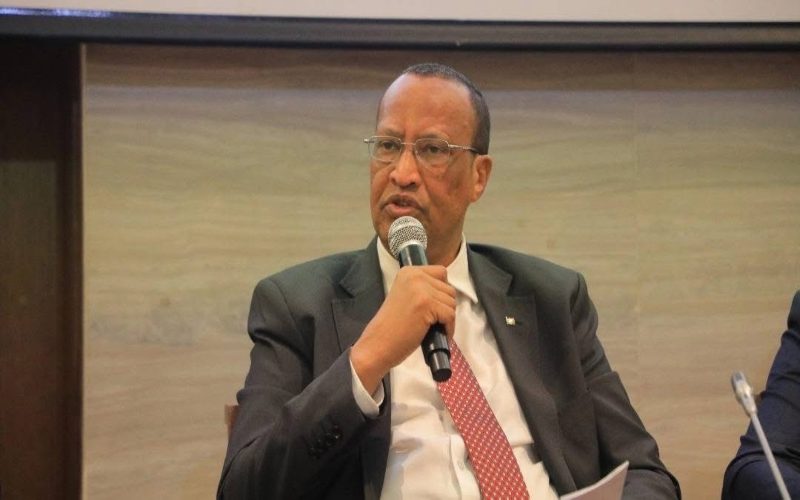Treasury to fund Sh4.2 trillion budget without IMF support
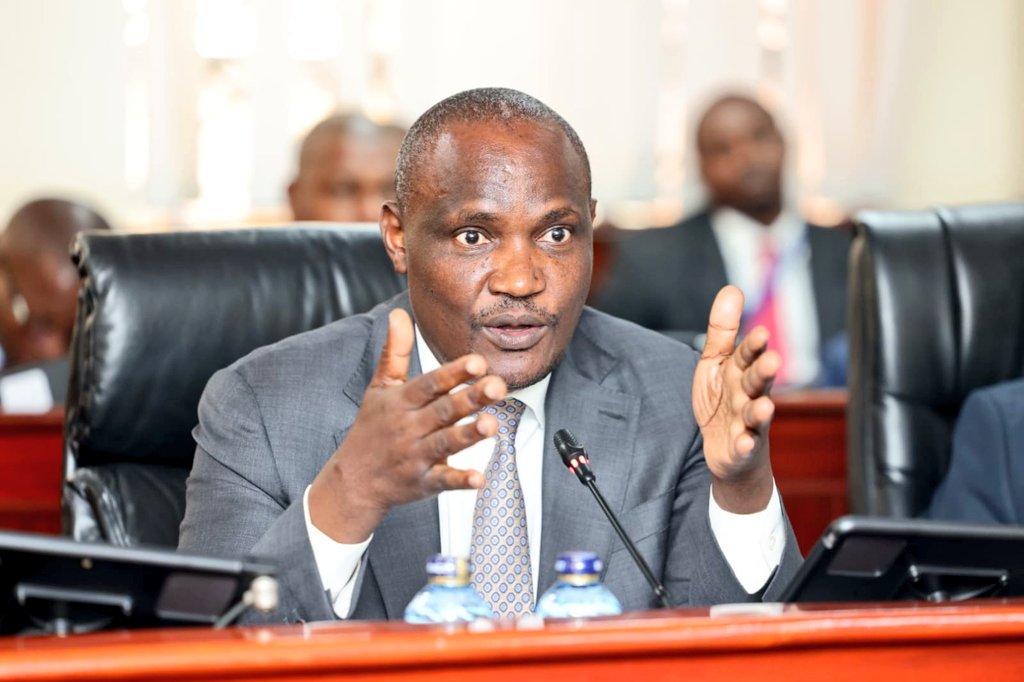
Though new discussions with the global lender have been initiated, the Treasury has opted not to include IMF assistance in the coming year’s fiscal plan.
Kenya will proceed with funding its Sh4.2 trillion budget for the 2025/2026 financial year without financial backing from the International Monetary Fund (IMF), the Treasury has confirmed.
As the country prepares to table its spending plan, Treasury Cabinet Secretary John Mbadi said no IMF funding has been included, prompting the government to explore alternative financing options.
More To Read
- Kindiki’s office spends almost half of 2025/26 allocation within three months
- IMF revises Kenya’s 2025 growth forecast upward to 4.8 per cent
- Kenya’s foreign exchange reserves hit all time high on new Eurobond
- IMF trims 2025 global growth outlook to 3.2 per cent amid rising uncertainty
- Experts warn developing nations’ debt burden denies millions essential services
- Jobs created in Africa mostly low-quality, informal - World Bank
This development follows the conclusion of Kenya’s programme with the IMF earlier in the month.
Though new discussions with the global lender have been initiated, the Treasury has opted not to include IMF assistance in the coming year’s fiscal plan.
Kenya’s decision to forgo the 9th review of its ongoing IMF programme resulted in a missed opportunity to access Sh109.4 billion in funding, roughly equivalent to $850 million.
Of this amount, Sh13.9 billion had been earmarked to support the country’s balance of payments, with the remaining funds intended to boost the national budget.
According to Mbadi, the government and the IMF reached a mutual decision to drop the review due to limited time and sluggish revenue performance. Instead, both parties will now work towards setting up a new programme under a fresh arrangement.
"The good news is that this is a programme that we will negotiate. The other one was negotiated by the previous government. Now this one we will negotiate, and we will negotiate within the confines of what is happening in the global economy and also back at home. So, in a nutshell, I foresee good deliberations going forward," Mbadi said.
He expressed confidence that Kenya could receive more funds under the new programme, citing a recent quota review by the IMF board, which he believes could work in the country’s favour. However, he did not provide any projections on how much Kenya plans to borrow under the revised arrangement.
"IMF, we have also been repaying, so that opens up some space. We had a facility exception access last year, which we didn’t exploit because the markets opened, and we went to the market to manage our liabilities. That is also available," he explained.
Mbadi emphasised that the IMF is not the only institution available for financial assistance. The government, he said, intends to pursue support from other international lenders, including the World Bank, the African Development Bank, and OPEC. He added that the bond market remains another viable option for managing Kenya’s financial needs.
"Again, I want to repeat, the IMF's main objective is not to give loans; we have other institutions that are supposed to give us loans, like the World Bank, AFDB, and OPEC. We are going the bond route and exploiting that route," he said.
Despite the absence of IMF funds in the 2025/2026 plan, Mbadi made it clear that the government will not seek to restructure its current debt, warning that such a move could harm the country’s financial health.
Other Topics To Read
Top Stories Today
